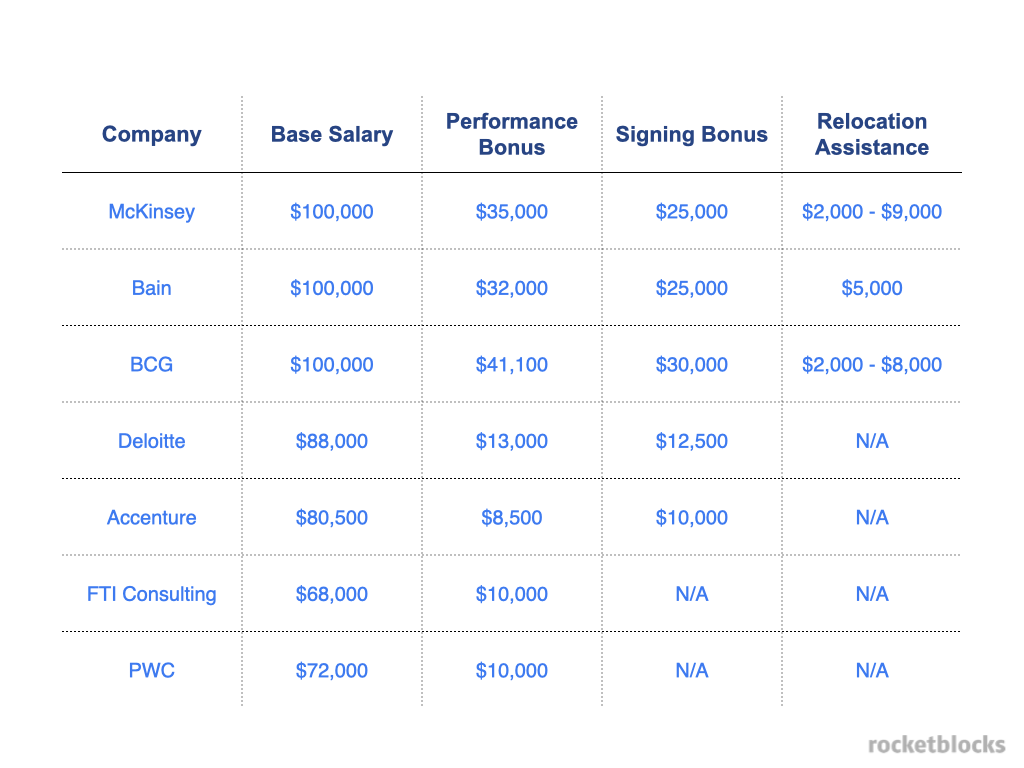
You've found the right place if you are looking for ways to switch financial advisors. Whether you want to switch firms or not, there are some things to keep in mind. First, you should always be supportive of your financial adviser. You may need his help in the future. Second, get his transaction histories. This will allow your financial advisor to get up-to-speed.
Transferring nontransferable assets
Certain clients may have the option of moving non-transferable assets to new financial advisors. It can minimize tax implications. Non-transferable asset are not available to the previous advisor. Your advisor can decide what to sell, and when. This allows you to adjust your profits or losses as you wish.
You will need to review any contracts you have with previous advisors before you begin the process of switching financial advisers. It is important to read every word of your contract in order to determine if there are restrictions that prevent you from moving assets to your new financial advisor. You may be required to give notice, or pay termination fees.

Avoid unpleasant surprises
You need to be sure that the right advisor is chosen for you. You're a responsible investor, and you need to ensure your advisor will help you achieve your financial goals. While it is not always easy to make a decision, there are some ways to avoid making a mistake. The first step is to find out how much your advisor values their work and how you can hold them to a high standard.
When changing financial advisors, read the contract carefully and ask about any fees that you might need to pay. Ask about fees, as well as the minimum holding period required for non-transferable property. Ask about fees such as redemption fees and whether fees will be added to the transfer fee. It may feel uncomfortable to change your financial advisor, but it's better than working with someone who isn’t right for the long-term.
Costs associated with switching financial advisors
Switching financial advisors can help you save a lot of money. However, it comes with a price: the time and effort needed to transfer client accounts and establish new client relationships. Although this cost is hard to quantify it generally equals to about 5 per cent of your annual productivity. In other words, an opportunity cost of $50,000 is associated with managing a million-dollar company.
It can be difficult to transfer your financial accounts. Not only will you need to locate a new advisor, but it is also important to discuss your requirements and preferences with them. Your advisor should have enough information about you to make the right recommendations. It is important to identify your most important financial goals and communicate them clearly. Once you have identified your financial advisor, assess the cost of transferring your account(s). Ask your current financial advisor about the fees for transferring your account. Make sure to review your agreements. Many times, agreements can be signed electronically by you and your new advisor.

Finding a "forever” match
To make the transition smoothest possible when you are changing financial advisors there are several things to consider. Financial advisors are often able to establish long-lasting relationships. They might have helped you to start personal finance, set up retirement savings accounts, or even signed you up with life insurance. These relationships can make a huge difference in your financial health.
With your new advisor, you should review all of your financial records. Check out the credentials and experience of the advisor. You also need to ensure that they are qualified to manage your assets. It is important to check that your advisor has a license to handle your accounts. There are some advisors who are not allowed to have certain assets. Before transferring any assets, make sure your new financial advisor has a copy of all your transaction history.
FAQ
Why would a company employ a consultant to help them?
Consulting provides expert advice about how to improve your business performance. Consultants are not here to sell products.
A consultant is a person who helps companies make better choices by providing sound analysis, and making recommendations for improvement.
Consultants often work closely alongside senior management teams to help understand what they need to succeed.
They also provide leadership training and coaching to ensure employees develop the skills necessary to perform at peak levels.
They might advise businesses on how to reduce costs, streamline processes, or increase efficiency.
How is consulting different from freelancing
Freelancers work as independent contractors and offer their services without the assistance of an agency or company. Hourly rates are usually charged based on the time they spend working on a client’s project. Consultants typically work for agencies and companies that employ them. They are often paid monthly or annually.
Because they set their own hours and prices, freelancers are often more flexible than consultants. Consultants, however, often have better benefits such as retirement plans, vacation days, and health insurance.
What is a consultant anyway?
Consultants are those who offer services to other people. Consultant is not just a job title. It's a position where you help people achieve their goals. This involves helping them to understand their choices and making the right choices.
Consultants are experts in finding solutions to the problems and challenges that arise while working on projects. They offer guidance and advice about how to implement such solutions.
Any questions you have about business, technology and finance, leadership or strategy, human resource management, customer service, customer service, or any other topic, a consultant can answer them.
What can I expect of my consultant?
Once you select your consultant, you should expect to hear back from them within a few days. They will usually ask for information about your company, including its mission, goals, products, services, budget, etc. Then, they'll send over a proposal outlining the scope of work, estimated time frame, fees, deliverables, milestones, etc.
If everything looks good, then the two parties will negotiate a written contract. The type of relationship between them (e.g. employer-employee or employer-independent contractor) will determine the terms of the contract.
If all goes according to plan, the consultant will begin working immediately. S/he will have access to your internal documents and resources, and you'll have access to his/her skills and knowledge.
Don't assume that someone who is a consultant knows everything. It takes effort and practice to become an expert in whatever field you consult. You shouldn't expect your consultant will know everything you need to know about your business.
Can anyone be a consultant?
Consultants are people who help you reach your goals by giving advice about how to make it better, faster, or cheaper.
Consulting can be a great way to solve problems, make informed decisions, and work with others.
Consultants can be hired to assist with specific tasks or projects.
Actually, most consultants get paid hourly and daily rates, rather than per-project.
Who hires consultants
Many organizations hire consultants to assist with projects. These can include small businesses and large corporations, government agencies as well non-profits and educational institutions.
Some consultants work directly for these organizations, while others freelance. The process of hiring depends on the size and complexity the project.
When hiring consultants, you will probably go through several rounds of interviews before choosing the person you think would be best suited for the position.
Statistics
- On average, your program increases the sales team's performance by 33%. (consultingsuccess.com)
- 67% of consultants start their consulting businesses after quitting their jobs, while 33% start while they're still at their jobs. (consultingsuccess.com)
- Over 50% of consultants get their first consulting client through a referral from their network. (consultingsuccess.com)
- WHY choose me: Why your ideal client should choose you (ex: 10 years of experience and 6-week program has helped over 20 clients boost their sales by an average of 33% in 6 months). (consultingsuccess.com)
- So, if you help your clients increase their sales by 33%, then use a word like “revolution” instead of “increase.” (consultingsuccess.com)
External Links
How To
How to Start a Consultancy Company and What Should I Do First
It's a great way for you to make money online by starting a consulting company. You don’t need to have business experience or invest capital. A good place to start your own consulting company is to build a website. After you have built a website, social media platforms such Instagram, Pinterest and LinkedIn will be useful to spread the word about your services.
These tools will allow you to create a marketing plan which includes:
-
Content creation (blogs).
-
Establishing relationships (contacts).
-
Generating leads through lead generation forms
-
Selling products through ecommerce websites
Once your marketing strategy is developed, you need to find clients willing and able to pay for your services. Some prefer to connect with people through networking events. Others prefer to use online resources like Craigslist and Kijiji. You have the freedom to choose.
Once you have secured new clients, you will need to discuss terms with them and their payment options. These could be hourly fees, retainer arrangements, flat-fee contracts, or other types of fees. So that you are able to communicate clearly during the entire process, it is important to understand what you expect from a client before you accept them.
Hourly agreements are the most common contract type for consultancy services. This contract allows you to pay a fixed amount each week or month for certain services. Depending on the type of service you are offering, you may be able to negotiate a discount depending on the length of the contract. When you sign a contract, make sure you fully understand it.
Next, create invoices. Send them to your clients. Invoicing is one those things that seem so simple until you actually do it. You have many options to invoice your clients. You can choose to have your invoices sent directly to your clients or to print them and send them. Whatever your preferred method, make sure it works well for you.
Once you have created invoices, it is time to collect the payments. PayPal is the most popular payment option because it's easy to use and provides multiple payment options. You can also use Square Cash, Square Cash (Google Wallet), Square Cash, Square Cash, Apple Pay and Venmo as payment processors.
Once you are ready for payments to begin, you will need to open bank accounts. Having separate checking and savings accounts allows you to track income and expenses separately. You can also set up automatic bank transfers to pay bills.
It may seem overwhelming to start a consultancy, but once it is done correctly, it becomes second-nature. Check out this blog post for more information about starting a consultancy company.
A consulting business is a great way of making extra money without worrying about your employees. Many consultants work remotely. They don't have any need to deal with office politics, long hours or office politics. Remote employees have more flexibility because they are not bound by regular work hours.